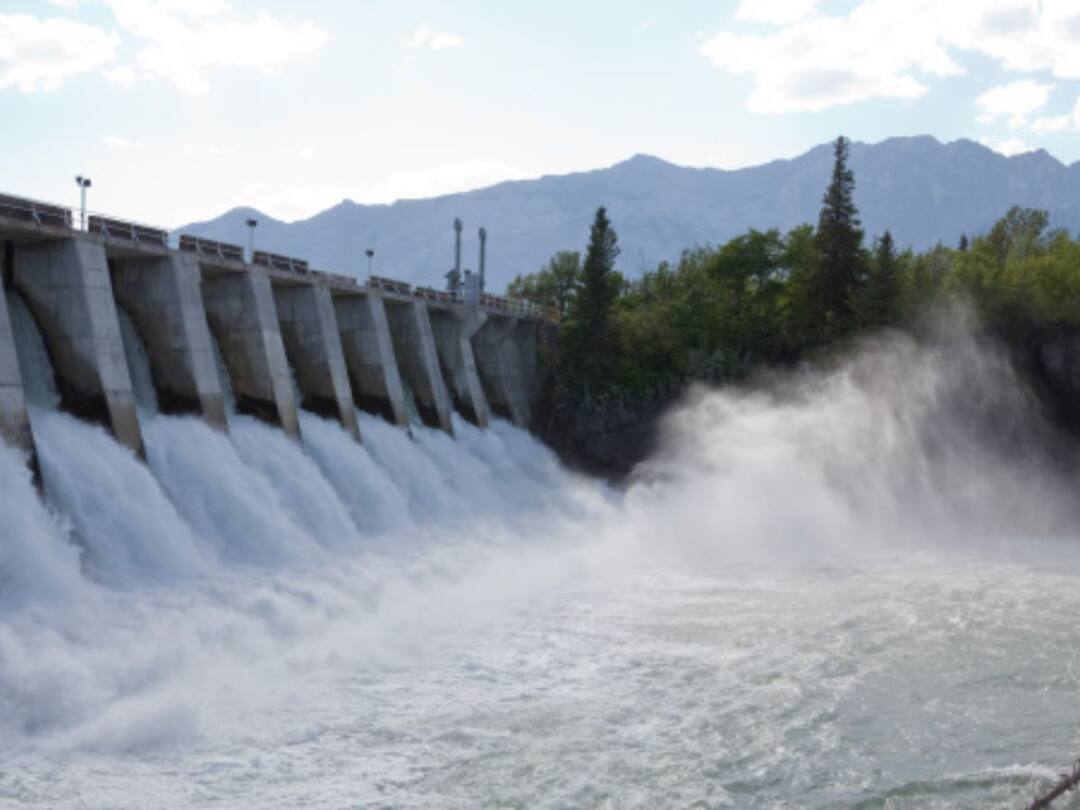(Source: Poll of Polls)
2-Gigawatt Hydropower Project Near China Border To Start Trail Run In July: Report
The Subansiri Lower project has been in the works for 20 years. The project started in 2003 but was delayed by protests and litigation, driven by concerns over environmental damage.

A 2-gigawatt mega hydropower project near China Border in the north-east is expected to start a trial run in July this year. According to a report by Bloomberg, government-owned hydropower firm NHPC Ltd. will start a trial run for the Subansiri Lower project that goes through the states of Assam and Arunachal Pradesh in July. The report cited finance director Rajendra Prasad Goyal saying that the first unit is expected to be commissioned in December and by the end of 2024, all eight units will be commissioned
The report noted that the mega hydropower project has been in the works for 20 years. The project started in 2003 but was delayed by protests and litigation, driven by concerns over environmental damage. According to the report the cost of the project rose to Rs 212.5 billion, more than three times the original estimate.
The National Green Tribunal allowed the work to resume in 2019 after eight years of suspension, the report said adding that opposition to dams has limited the country to use barely a third of its hydropower potential of 145 gigawatts.
“We need to get nearly 40 approvals from different departments before we start building a hydropower project. All the scrutiny should be done at this stage. Any stoppages after the construction has begun is problematic,” Goyal told Bloomberg.
Also Read: Airfares Drop On Several Routes After Aviation Minister Asks Airlines To Rein In Prices: Report
According to the report, the dam is also being used as a way of boosting local economies in areas along its tense borders with China and Pakistan.
NHPC is also finalising plans to award construction orders for the 2.9-gigawatt Dibang project, the report said. It is the biggest hydropower plant the country has planned to build as Subansiri approaches the conclusion.
In order to promote hydropower, the government has granted clean energy status to large dams. This mandates provincial power distributors to prioritize the purchase of hydropower over electricity generated from fossil fuels. Additionally, the government has agreed to provide budgetary support in certain cases for civil construction and flood moderation efforts.







































